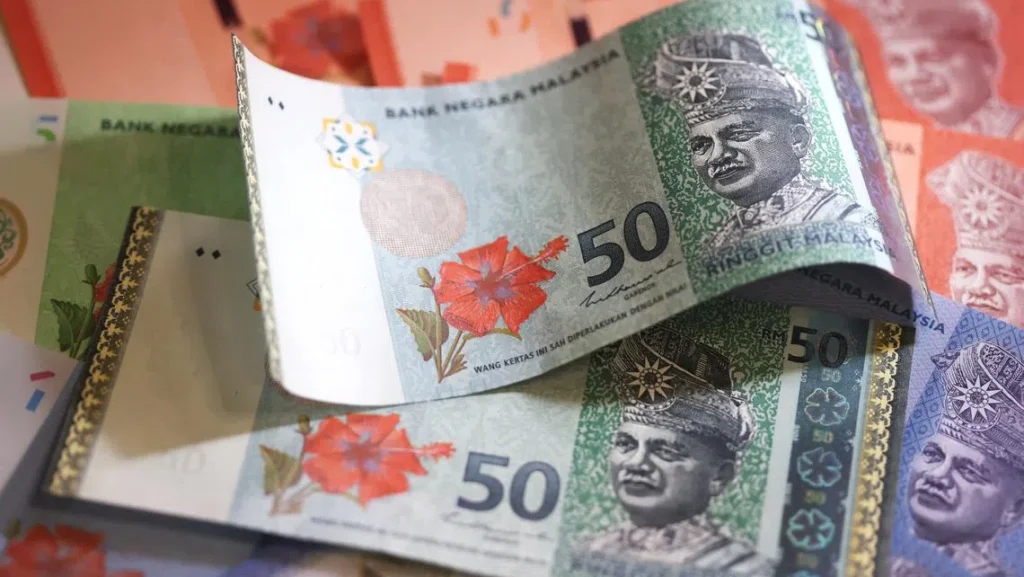Hong Kong – The decision by U.S. President Donald Trump to revoke Harvard University’s ability to admit international students starting in the 2025–2026 academic year has sparked concern across Asia—not only for its immediate impact on student mobility, but also for its long-term implications on global education dynamics.
In response, Hong Kong has moved swiftly to mitigate the fallout and reinforce its strategic role as a regional academic leader. The Education Bureau’s directive to local universities to implement flexible admission pathways for affected students reflects a calculated and timely intervention in the evolving geopolitical landscape of global education.
Hong Kong’s approach, underscored by a statement pledging protection of academic rights and talent attraction, aligns with its broader ambition to remain a globally competitive education and research hub. Five of its universities are ranked among the world’s top 100, and the city is uniquely positioned at the intersection of East and West, policy and innovation.
The Hong Kong University of Science and Technology (HKUST) was among the first to respond operationally, extending an unconditional offer to Harvard-bound international students now left in academic limbo. The institution promised simplified procedures and support structures designed to ensure continuity and stability.
This development is more than a university-level adjustment. It signals a larger regional recalibration of how Asian institutions might respond to increasing volatility in U.S. education and visa policies. With the U.S. showing signs of turning inward, many in Asia see an opportunity to re-anchor global talent pipelines closer to home.
Analysts suggest that this pivot could accelerate Asia’s rise as a center of knowledge production and innovation. As international students reconsider their study destinations, Hong Kong—and potentially other regional players like Singapore, South Korea, and Japan—stand to benefit strategically.
However, challenges remain. Hong Kong’s education sector is navigating its own internal tensions, particularly as national security and patriotic education themes become more embedded in curriculum design. Balancing these with international standards and academic freedom will be critical to sustaining trust among global students and institutions.
The intersection of education policy, foreign relations, and talent strategy has never been more apparent. What began as a domestic decision in the United States may now reshape how Asia positions itself in the global intellectual economy.
As the dust settles, Hong Kong’s response may be remembered not just as a reaction to crisis—but as a deliberate step in defining the future of higher education in Asia.









